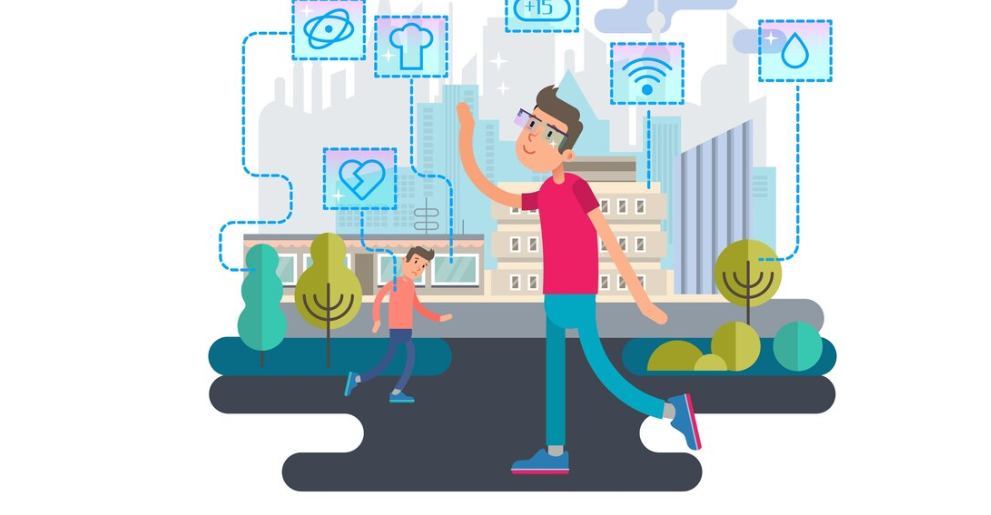In a hyperconnected world where algorithms filter news, self-driving cars decide on routes, and wearable devices monitor our moods, we are constantly surrounded by systems making decisions on our behalf. Many of these decisions seem small—what notification to show, what ad to display, what recommendation to offer. Yet collectively, they shape our lives in profound ways.
This is the age of the micro-decision, and it begs a question we’ve long avoided: Who gave permission for this?
Enter the Consent Engine—a proposed framework that automates ethical decision-making by embedding dynamic, contextual consent into the very core of everyday technologies. In essence, it’s an attempt to give machines a moral compass calibrated to the people they serve.
The Problem with Traditional Consent
Modern consent is broken. We live in a checkbox culture where terms of service are rarely read, cookie banners are dismissed reflexively, and permissions are granted by default just to get on with our lives. Consent has become bureaucratic theater rather than meaningful agreement.
Worse, even when we “consent,” we rarely understand the long-term implications. Algorithms evolve, data is repurposed, and choices ripple through networks in ways we cannot predict.
A true solution requires consent to be active, informed, reversible, and situational—qualities that human systems can barely manage, let alone enforce across billions of micro-interactions.
What Is the Consent Engine?
The Consent Engine is not just a piece of software; it’s a conceptual layer of ethics and user agency that can be integrated into any intelligent system. It monitors the context of every interaction, asks what’s morally appropriate, and decides whether consent is needed, granted, withdrawn, or should be renegotiated.
Key features of the Consent Engine include:
- Context Awareness: Understanding whether the user is under stress, distracted, or emotionally vulnerable.
- Dynamic Permissions: Consent adapts over time based on user behavior, changing conditions, or shifting social norms.
- Moral Weighting: Evaluating decisions based on their ethical gravity, from low-impact personalization to high-stakes health interventions.
- Auditability: Keeping a transparent, tamper-proof log of what was done, why, and under what conditions.
Everyday Scenarios
Imagine waking up and your smart home adjusts the lighting gently, avoiding triggering your seasonal depression. Did you agree to this last year, or did the system infer it based on biometric data? The Consent Engine ensures that such inferences are logged, justified, and revocable.
Or consider an AI therapist that detects signs of suicidal ideation in your voice and alerts emergency contacts. Should it intervene immediately? Should it ask for permission first? The Consent Engine weighs the risk, urgency, and previously set ethical boundaries to make a decision.
Even in trivial cases—say, your music app changing your playlist to suit your mood—the system checks: is this within expected behavior? Does this user want emotional nudging?
Challenges in Building a Consent Engine
Creating a universal Consent Engine is incredibly complex. It requires:
- A shared ethical framework, yet societies disagree on fundamental values.
- Legal and cultural adaptability, as norms vary wildly across regions and demographics.
- AI transparency, so users can understand and challenge decisions made on their behalf.
- User training, so people can set their moral preferences in ways machines can interpret.
Above all, it demands humility from designers who must recognize that efficiency is not always a virtue, and that user autonomy can’t be sacrificed for predictive power.
Toward Moral Infrastructure
Just as we have cybersecurity protocols to protect data, we may soon need ethics protocols to protect choice. The Consent Engine could become a standard—like encryption—woven into every digital interaction.
It wouldn’t just prevent abuse. It would restore trust. Imagine a digital world where you knew every app, device, and platform operated on your terms—not just legally, but morally.
Conclusion
The Consent Engine represents more than a technical fix. It’s a philosophical shift—a recognition that consent isn’t a one-time agreement, but a living, breathing conversation between humans and the systems that serve them.
In a world of micro-decisions, morality must be modular. Ethics must be executable. And consent must become more than a checkbox—it must become code.
4o


